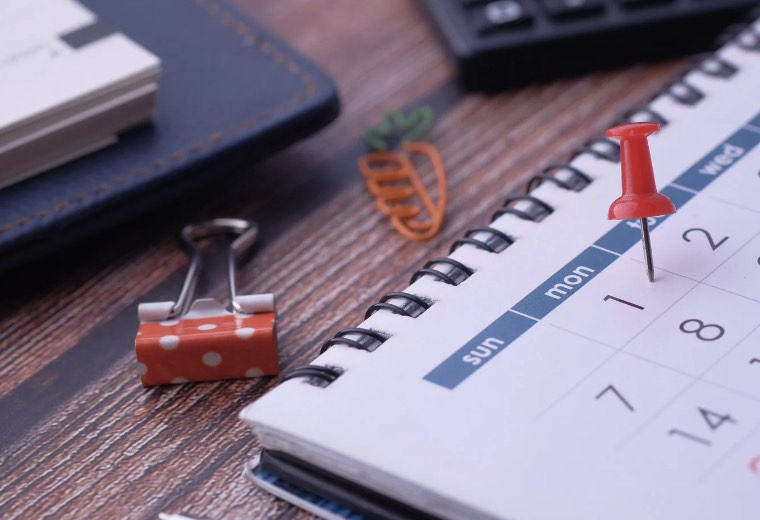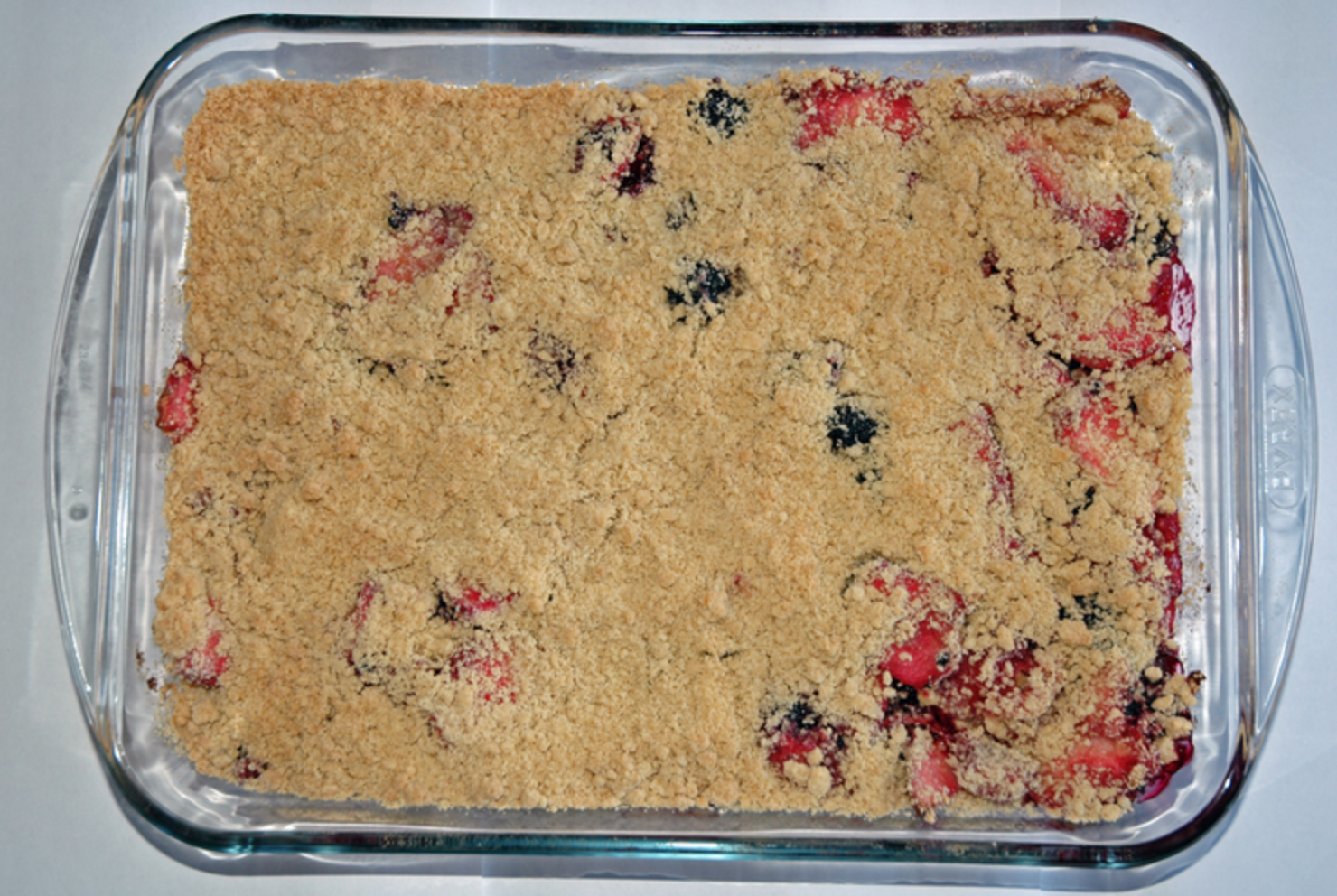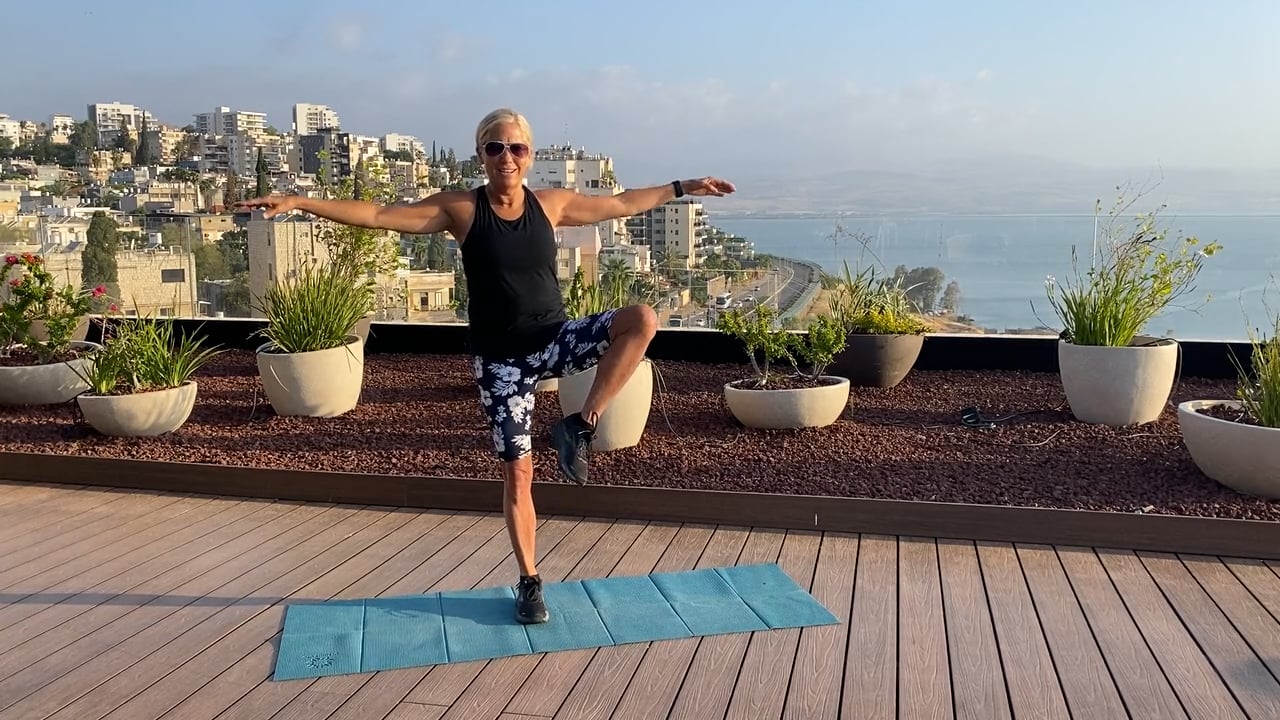Journaling is one of those often-overlooked healthy habits. Many of us would probably claim we aren’t writers or don’t have anything in our lives worth writing down, so we just don’t. I want to be honest, I am not one who journals BUT I know so many who do it and are so blessed by it.
Journaling – or, if you prefer, writing in a diary – doesn’t have to be a form of poetry, the world’s most beautiful sketch, or your life’s greatest work (unless you want it to be). Journaling is about sitting down regularly to get your thoughts out of your brain and onto paper, which then helps you to process your thoughts and clear your mind.
In addition to clearing your mind, journaling offers several benefits. Journaling regularly:
- allows you to express yourself: As we reach adulthood and get older, I think we often forget the things that used to help us express ourselves. I think of childhood and remember how I used to draw, dance, and sing all the time, and now I rarely do those things that helped me to get out my creativity and energy. While dancing or singing might not be your thing, everyone can journal. It’s a great way to express your thoughts, your hopes, your desires, and even your fears.
- reduces anxiety and stress: Sometimes, what makes us the most stressed and anxious is holding in our thoughts. Writing down these thoughts – or even drawing them, if that’s your thing – can help you look at them more realistically. I know I always feel better about my anxieties and fears when I can get them out of my brain, whether through sharing them with a trusted friend or writing them down in my journal.
- strengthens communication skills: Like any skill, we improve with practice. The more we journal, the better we become at writing. This, as you may have guessed, improves our communication skills. We become better at organizing our thoughts and thinking more clearly.
- improves memory: As I age, this one becomes more and more important to me. I love sharing experiences with my loved ones, and I want to continue to remember and cherish those moments as I age. Writing down even a brief summary or a favorite part of a day helps us remember that moment better.
- helps you track progress: No matter what you’re looking to make progress in, journaling can be a great way to track it. Whether it’s a prayer you’re hoping for, food goals, or workout improvements, writing them down and revisiting past entries can help you see the progress you’re making.
You might be thinking, “That sounds great, Michelle, but where do I start?” Here are a few journaling prompts to get you started:
- How would I define strength? Are there different areas of strength (physical, spiritual, mental, emotional, etc.)? How would I define those?
- What are three things I am grateful for today? Why?
- On a scale of 1-10, how am I feeling today?
- What is something I could improve on from this week? What is something I did well?
- What is a simple habit I’d like to add to my life?
Journaling doesn’t have to be a big deal, but even this small habit does have a big impact in our lives. Consider adding this healthy routine to your daily life and experience more clarity and encouragement!











